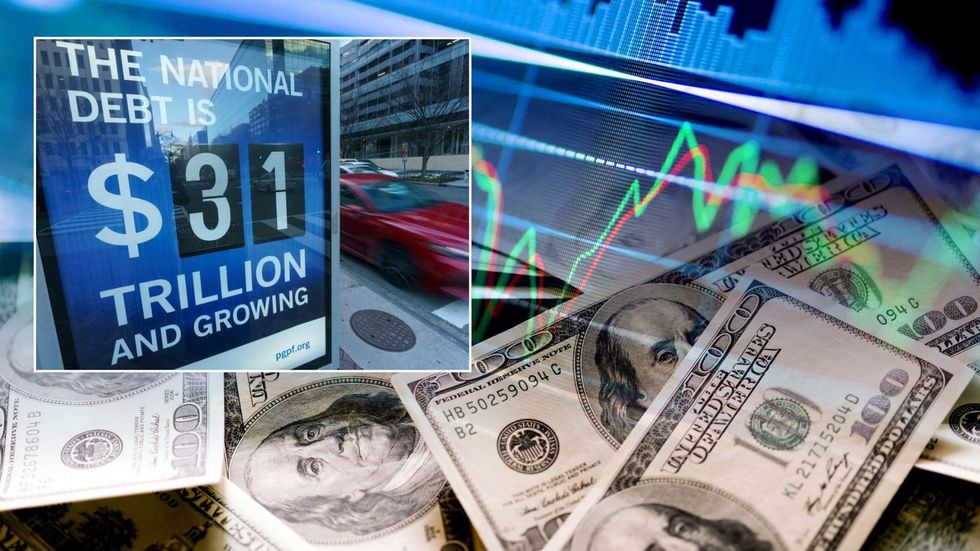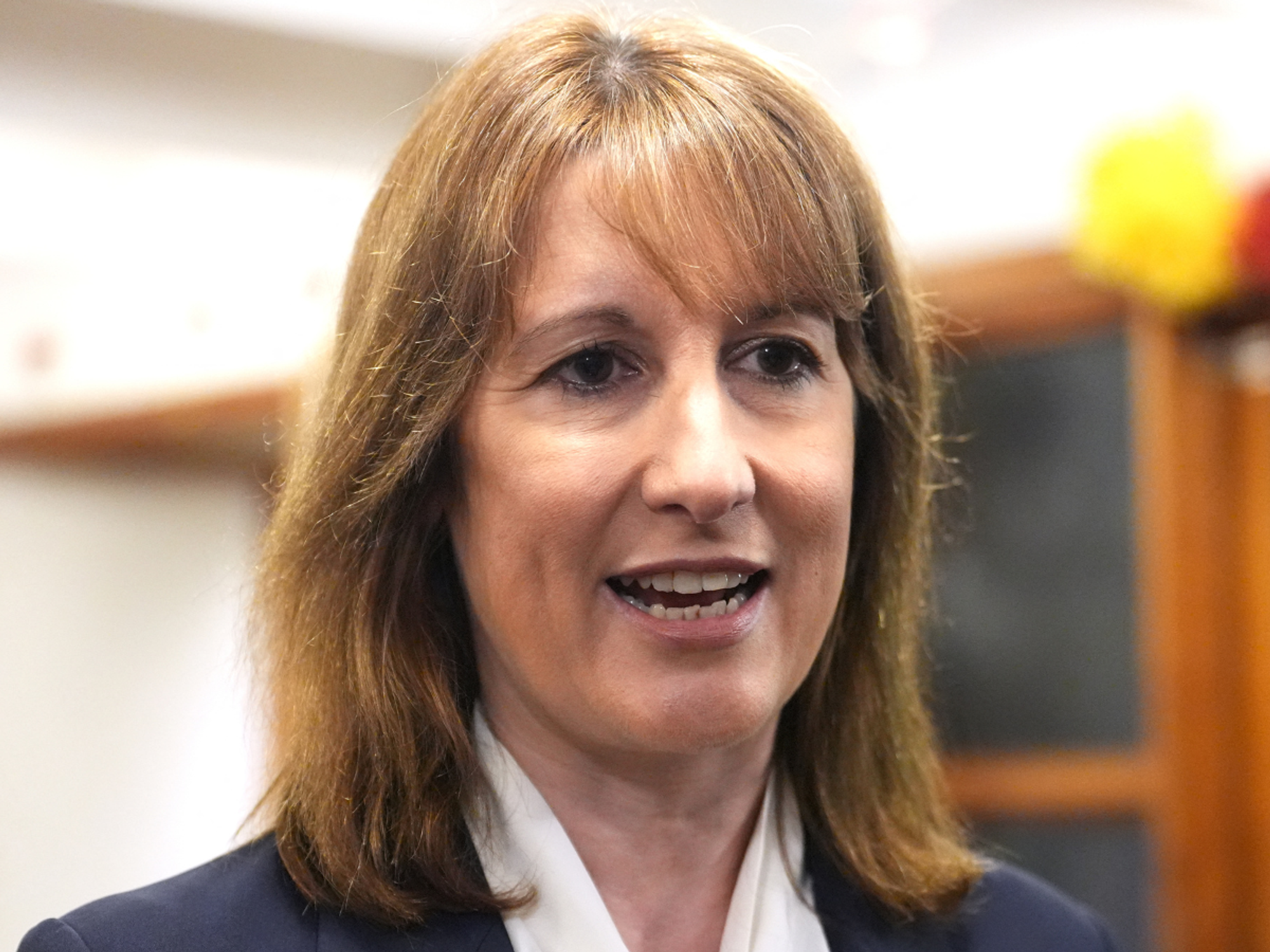IMF warns America's unsustainable fiscal practices creating risks for GLOBAL economy: 'Something will have to give'

The International Monetary Fund delivered rare direct criticism at US policymakers
Don't Miss
Most Read
Latest
The state of the US economy has partially been affected by the country’s "unsustainable fiscal practices", the International Monetary Fund (IMF) has warned.
The IMF criticised policymakers and suggested that "something will have to give" after claiming America's fiscal practices created risks for the global economy.
The agency wrote in its latest World Economic Outlook: "The exceptional recent performance of the United States is certainly impressive and a major driver of global growth.
"But it reflects strong demand factors as well, including a fiscal stance that is out of line with long-term fiscal sustainability.

The state of the US economy has partially been affected by the country’s "unsustainable fiscal practices", the International Monetary Fund (IMF) has warned
|Getty
"This raises short-term risks to the disinflation process, as well as longer-term fiscal and financial stability risks for the global economy since it risks pushing up global funding costs.
"Something will have to give."
According to the IMF, the US economy will grow 2.7 percent in 2024 - an increase of 0.6 percentage points from January.
The predictions are well above the projections in comparison to other advanced economies.
LATEST DEVELOPMENTS:
Pierre-Olivier Gourinchas, the IMF’s chief economist, said: "The strong recent performance of the United States reflects robust productivity and employment growth, but also strong demand in an economy that remains overheated.
"This calls for a cautious and gradual approach to easing by the Federal Reserve."
Last year, Congress voted in favour of suspending the debt limit as part of a deal which hoped to reduce annual government funding with budget caps.
However, the national debt - which stood at roughly $31.4 trillion - has since surged by trillions of dollars.

The IMF criticised policymakers and suggested that "something will have to give" after claiming America's fiscal practices created risks for the global economy
| ReutersThis year, the Congressional Budget Office suggested the national deficit would increase "significantly in relation to gross domestic product (GDP) over the next 30 years, reaching 8.5 percent of GDP in 2054."
US deficit spending has been driven by Covid-related issues, aggressive investments in infrastructure, clean energy and exploding interest costs.
Debt held by the public is expected to top $45.7 trillion, or 114 per cent of GDP by 2033.











